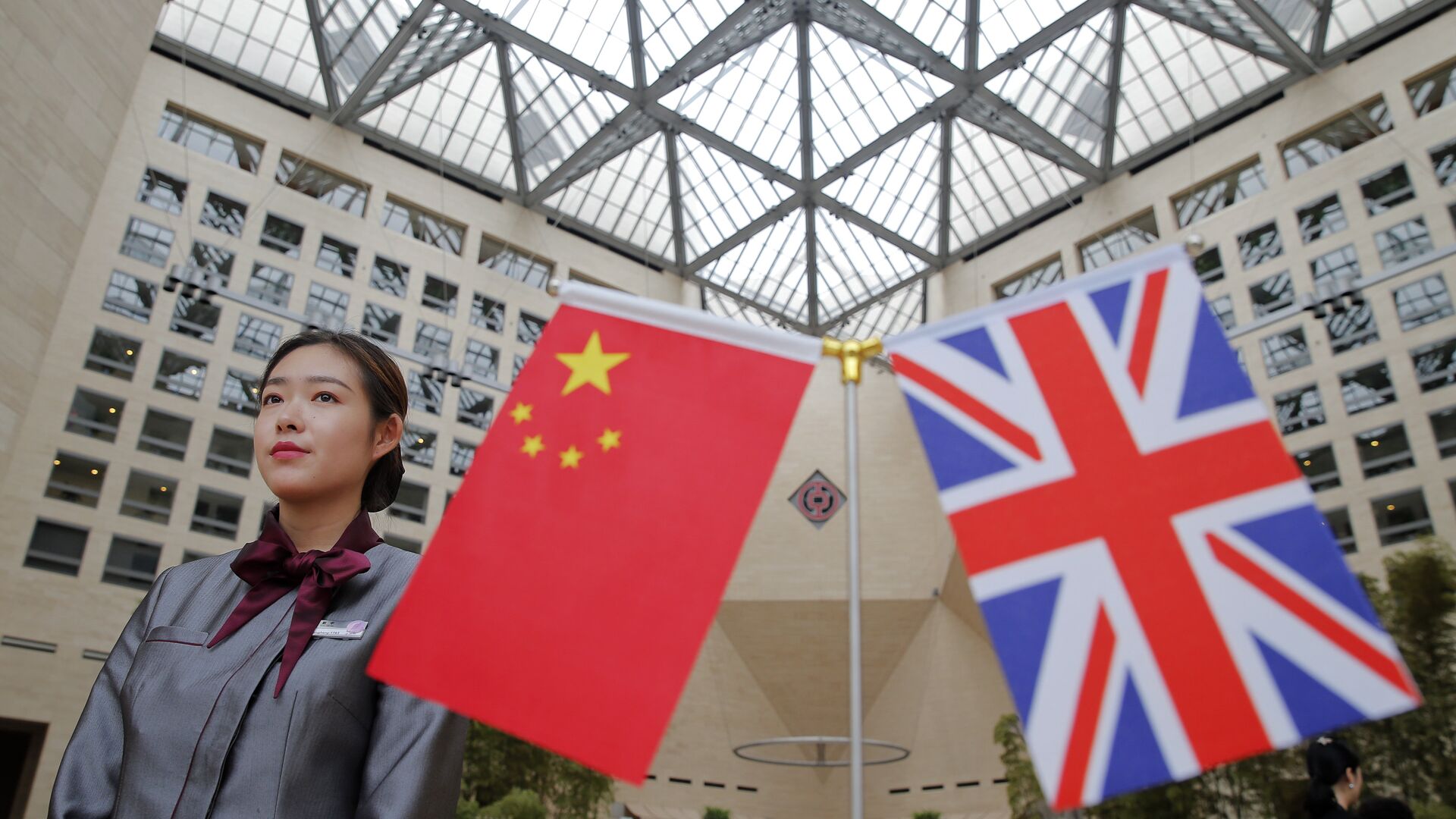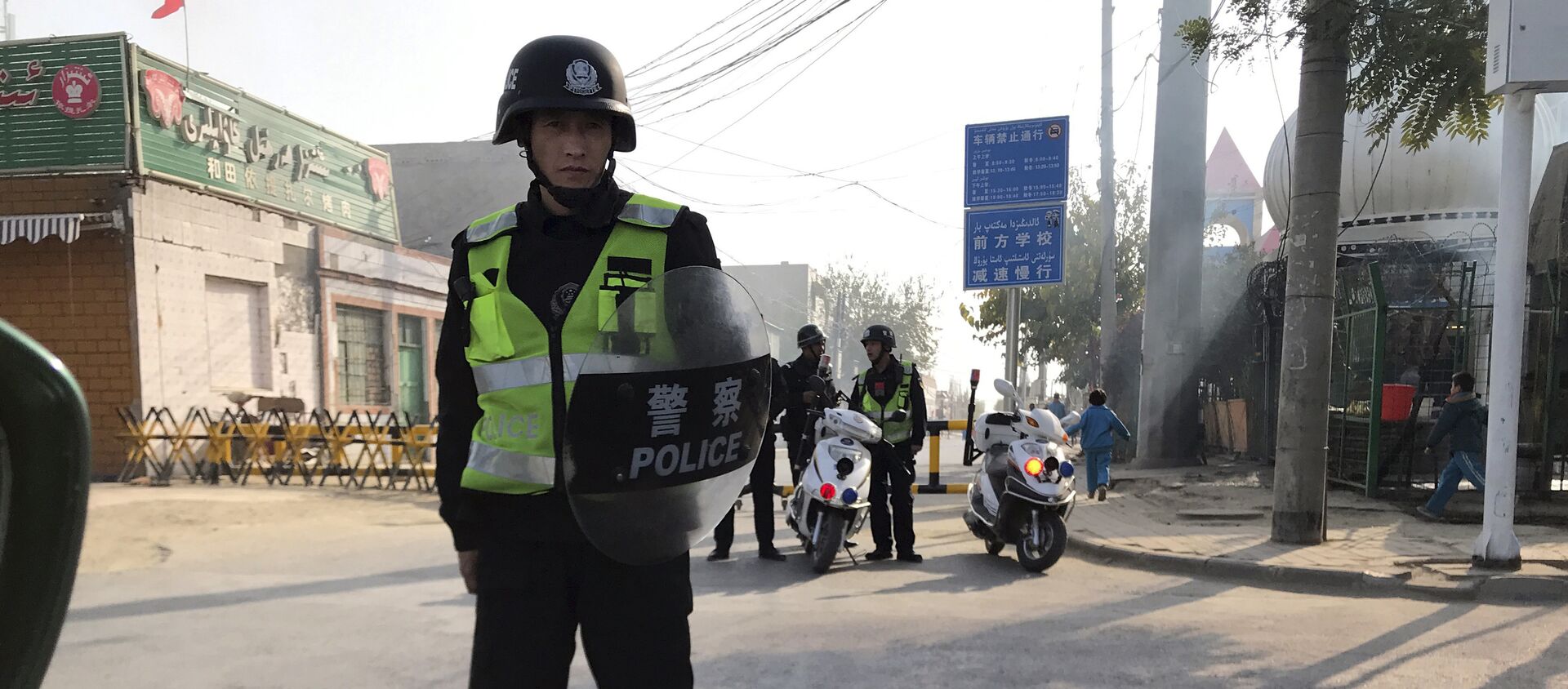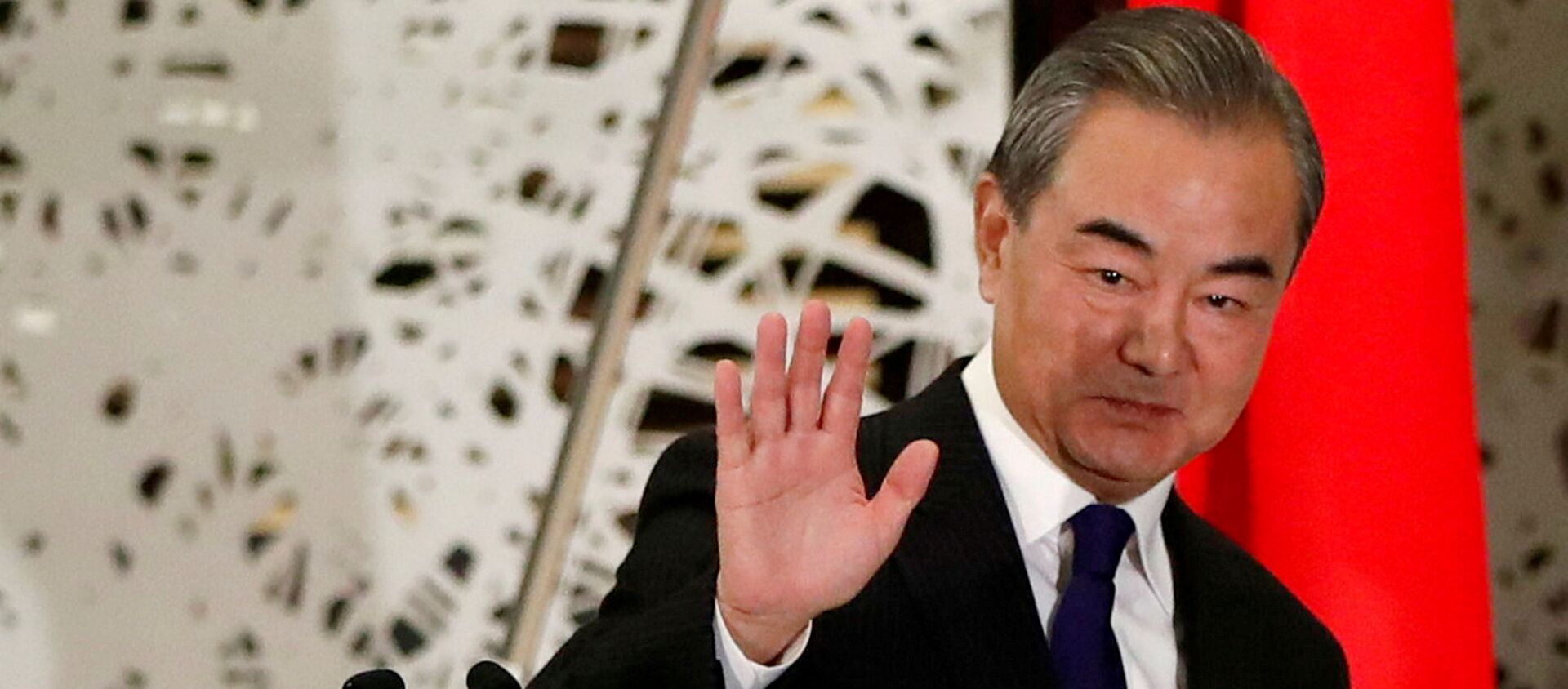The UK House of Lords has amended a trade law potentially blocking future trade deals with China, citing alleged genocide in the Xinjiang Uyghur Autonomous Region (XUAR), the South China Morning Post (SCMP) reported on Wednesday.
Lords voted 359 to 188 to pass Amendment 3B, which enter the House of Commons for a final vote and may potentially force Downing Street to reconsider trade deals where UK courts have ruled parties to have committed genocide.
“While this amendment does not focus solely on China, a primary concern of many of our colleagues is the deplorable actions of the Chinese government towards the Uygur population in Xinjiang province,” Lords trade minister Gerry Grimstone, who voted against the amendment, said in a statement.
Downing Street also voiced opposition despite vowing to back a more hardline approach to human rights abuses following a diplomatic row with Beijing over a Hong Kong national security law and crackdown on separatists in the finance hub.
“We shouldn’t really be delegating the political question of who you engage in free-trade negotiations with to the courts,” UK foreign secretary Dominic Rabb told UK media in January.
The amendment has earned partisan support from Conservatives and Labour harliners, including Iain Duncan Smith, who formed the Inter-Parliamentary Alliance on China (IPAC) aimed at pressuring the Chinese government.
The Chinese government has repeatedly and sharply denied accusations of genocide in Xinjiang.
Initial UN, Human Rights Watch Report On Genocide Allegations
The legislation comes after the UN published a report in September 2018 accusing Beijing of alleged human rights abuses in Xinjiang, citing testimony from the Human Rights Watch, Amnesty International, the World Uyghur Congress and others.
Detainees ranged from "tens of thousands" to "one million", according to the report. A further letter from hardline US senator Mark Rubio raised the figures to "a million or more".
The initial report was backed by the Uyghur American Association (UAA) with backing from National Endowment for Democracy (NED). HRW researcher Maya Wang, who provided allegations in the report, began her work amid the Umbrella Revolution in Hong Kong, which the Chinese government has accused of having ties to the US and UK.
Deal Or No Deal, China Makes History In Trade
The measures come as the UK continues to rally behind the former Trump administration, who launched its acrimonious trade war against China and dozens of mainland firms, including Huawei, ZTE, chipmaker SMIC, Tencent, and ByteDance.
Trump's trade war saw Chinese firms blacklisted on an Entity List in May 2019, citing national security concerns and later, Huawei, ZTE and others were designated national security risks by the Federal Communications Commission (FCC).
The UK government also barred Chinese telecoms giant Huawei from building national 5G networks and passed a Telecoms Bill in November imposing strict penalties on telcos refusing to "rip and replace" kit from the Shenzhen-based firm.
Despite the US and UK efforts, China inked the largest regional and bilateral trade deals in history - the $26.2tn Regional Cooperative Economic Partnership (RCEP) in the Asia-Pacific and EU-China Comprehensive Trade Agreement (CTA).
The UK is not a member of the deals, which include Five Eyes countries New Zealand and Australia, and Biden's team has also voiced concerns on the agreements, namely after national security advisor Jake Sullivan said Washington would "welcome early consultations" with the EU on "common concerns about China's economic practices".





